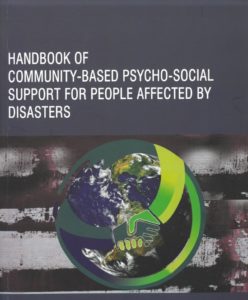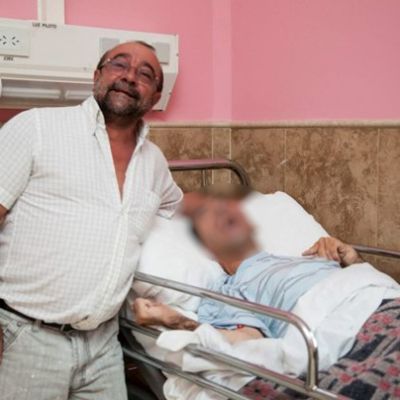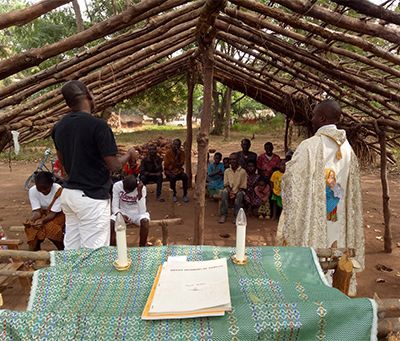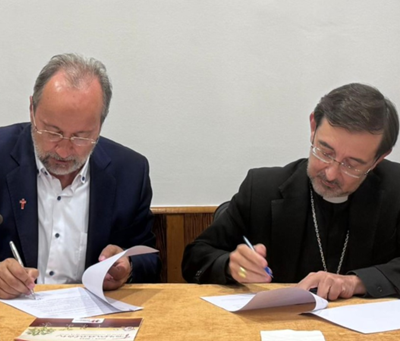 Every disaster, a phenomenon that overwhelmed the local capacity to manage, provokes serious impact on the mental health of the survivors. While stress and anxiety are normal reactions to an adverse event, its serious impact often explodes after the relief, and recovery phases are gradually disappearing. According to studies, when these emotional reactions left unattended at the very onset of disaster, most likely these survivors (mostly adults) will experience depression and addiction (drugs or alcohol) and even episodes of domestic violence. After a natural disaster, your entire routine in life is disrupted. “Chronic stress, regardless of cause, can impair the parts of the brain presiding over reasoning and self-control — leading to more impulsive behavior and an increased likelihood of addiction.” (Dr. Christie Manning). This will not impact only among adults but more among the children, which will have a long-lasting effect on their cognitive and emotional development. Thus, children will not be motivated to study, and most likely, it will cause poverty.
Every disaster, a phenomenon that overwhelmed the local capacity to manage, provokes serious impact on the mental health of the survivors. While stress and anxiety are normal reactions to an adverse event, its serious impact often explodes after the relief, and recovery phases are gradually disappearing. According to studies, when these emotional reactions left unattended at the very onset of disaster, most likely these survivors (mostly adults) will experience depression and addiction (drugs or alcohol) and even episodes of domestic violence. After a natural disaster, your entire routine in life is disrupted. “Chronic stress, regardless of cause, can impair the parts of the brain presiding over reasoning and self-control — leading to more impulsive behavior and an increased likelihood of addiction.” (Dr. Christie Manning). This will not impact only among adults but more among the children, which will have a long-lasting effect on their cognitive and emotional development. Thus, children will not be motivated to study, and most likely, it will cause poverty.
Community-based psychosocial intervention (such as community rebuilding and psychological first aid) can be of great help to mitigate the severe impact of natural disasters on children and adults. It can be beneficial in people’s resilience and rehabilitation. “In adults, this means helping them recognize symptoms of trauma and providing coping mechanisms to address negative thoughts and feelings. For children, this may mean reconnecting with friends in school and receiving support from adults and caregivers.” (Sarah R. Lowe). Moreover, according to Lowe’s researched and interview with Hurricane Katrina survivors, 60% displayed resilience – those who felt stronger social support and more financial resources.
Counting on the documented successes of psychosocial intervention, this manual entitled Camillian Community-Based Psychosocial Support Guide is an excellent contribution to persons and organizations engaged in humanitarian ministry. This manual is based on the principle of integral healing and empowerment. It does not pathologize cases of trauma and anxiety after a disaster. Its approach is not highly clinical but scientific. It can be administered by a non-clinical or non-professional staff but done with professionalism according to the core humanitarian standards. Moreover, it builds on local capacities and works towards improving the resilience of communities and people affected by the crisis. This will ensure a sense of ownership among the primary stakeholders/actors and assures the sustainability of practice and learnings, which can be shared with others.
This is the second book published by CADIS and authored by its field collaborators Dr. Consuelo Santamaria Repiso and Fr. Biju Sebastian, MI. Both have been to several CADIS intervention in Sierra Leone (Ebola) and Nepal (earthquake). Their experiences in the field have encouraged them to document their intervention program which is now published into a book.





